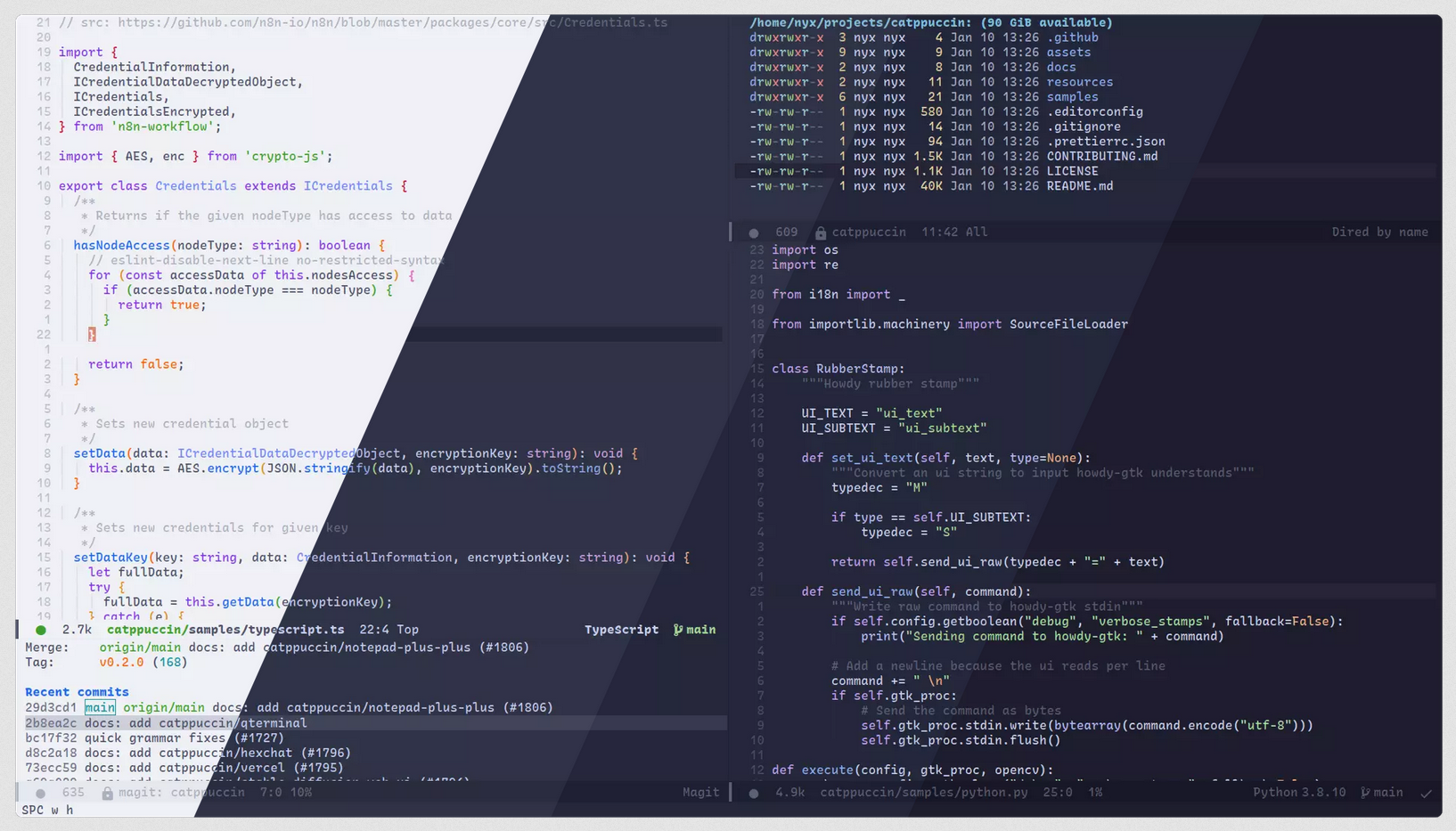Perfectionism Leads to Procrastination and Paralysis
Working on my thesis research proposal has been quite the journey, and not always in the direction I would have chosen. A personal revelation that struck me during the process is the tight and rather vexing relationship between perfectionism, procrastination, and paralysis.
It’s often said that the perfect is the enemy of the good. In my quest for the ‘just right’ words to articulate my thoughts, I found this saying to be glaringly accurate. The ticking clock became a dull backdrop to my cerebral scavenger hunt. My concentration started to drift and instead of zeroing in on my research proposal, I found myself fixated on, of all things, the color scheme of my desktop environment.
I got tangled up in a fascinating yet peculiar rabbit hole - the slightly discordant appearance of my Emacs compared to my i3 top bar. This, of course, necessitated immediate rectification, just as I was contemplating that elusive sentence. I spent the entire evening indulging in the color-coded symphony of Catppuccin. Updating the aesthetic of my terminal, tmux, Emacs, Firefox, and i3 configuration was a strange kind of thrill. By the end, I had a beautifully cohesive desktop environment. And yet, that pesky sentence still hung in the air, unwritten.

Dr. Karen McDowell, a noted advocate for mental wellness, hits the nail on the head when she says, “When you tackle perfectionism, you’re less likely to procrastinate.” Her wisdom tells us that striving for flawlessness not only impedes our progress but also mars the satisfaction we derive from our achievements.
So, how do we break free from this perfection-procrastination paralysis? Dr. McDowell offers a straightforward, seven-step plan:
- Consciously lower the bar: Acknowledge that it’s okay not to be perfect.
- Keep your tasks bite-sized: Manageable chunks are less daunting.
- Track your time: Understand where your hours are going.
- Surround yourself with positive support: Encouragement helps to keep your spirits high.
- Practice saying ‘no’: Respect your capacity and set boundaries.
- Use the reward system: Motivate yourself with small incentives.
- Incorporate mindfulness: Stay in the present and appreciate your progress.
Now, bear in mind, trying to implement all these changes at once might be a bit like swallowing an elephant whole - impossible and frankly quite unpleasant. The key is to choose a few steps to begin with and gradually incorporate the others. For me, steps one to three seem like a good starting point.
As I venture on this path, I hope to transform my approach towards work, shedding the weight of perfection and embracing the joy of creation. And perhaps, in doing so, I might finally write that sentence.